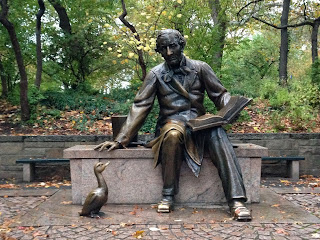On the policy of rejecting the people from
some Islamic countries by President of United States, Donald Trump, the
Japanese government has not expressed any objection or concern. Following
Trump’s intolerant policy, Japanese airlines began to reject boarding of citizens
from listed seven countries on the airplanes going to U.S. Japan looks like
supporting U.S. discrimination on the Moslems.
In the discussion of Budget Committee in
House of Councillors, the opposite lawmakers asked Prime Minister Shinzo Abe
about how he would deal with the issue. “I am concerned with the measure that
causes restriction of freedom, retaliation or separation. How do you think?”
asked President of Democratic Party, Renho. Chairman of Japan Communist Party,
Kazuo Shii, required Abe to say what should be said for international morality.
For Abe, it was something he would not care.
“I think it was an idea of U.S. government expressed through an executive
order. I am not on the standpoint to comment on it,” said Abe in the committee.
He reiterated a general principle that the problem of refugees needed to be
dealt with in international society. Chief Cabinet Secretary, Yoshihide Suga,
commented that immigration would be internal policy in a country.
Impact on Japanese economy has already been
seen. All Nippon Airways and Japan Air Line decided to reject passengers from
listed countries to transport to U.S. Japanese trading companies are worried
about the impact on their workers from the listed countries in business trip.
“It is too sad for me knowing what is happening in U.S. Can it be tolerated to
exclude specific religion, specific country in a uniform way? I don’t think
so,” said President of Rakuten, Hiroshi Mikitani. Rakuten would offer the citizens
of the listed countries free overseas call to U.S.
The response of Japanese government was
based on a notion that the Japanese would not be excluded forever from the list
of unwelcomed citizens. How can it be, anyway? If exclusion of Islamic citizens
is tolerated for protecting U.S. from terrorism, Japanese businesspeople will
also be rejected in the name of protecting U.S. economic interest. Trump is
going to do everything to make America great again or be first.
Newspapers criticized the policy of Trump
administration. Mainichi Shimbun labeled it as an outrage disgracing U.S.
conscience. “The executive order reminds of psychological national seclusion
against Islamic sphere,” told the editorial of Mainichi, requiring abolition of
the order. So, where is the conscience of the Japanese?

















